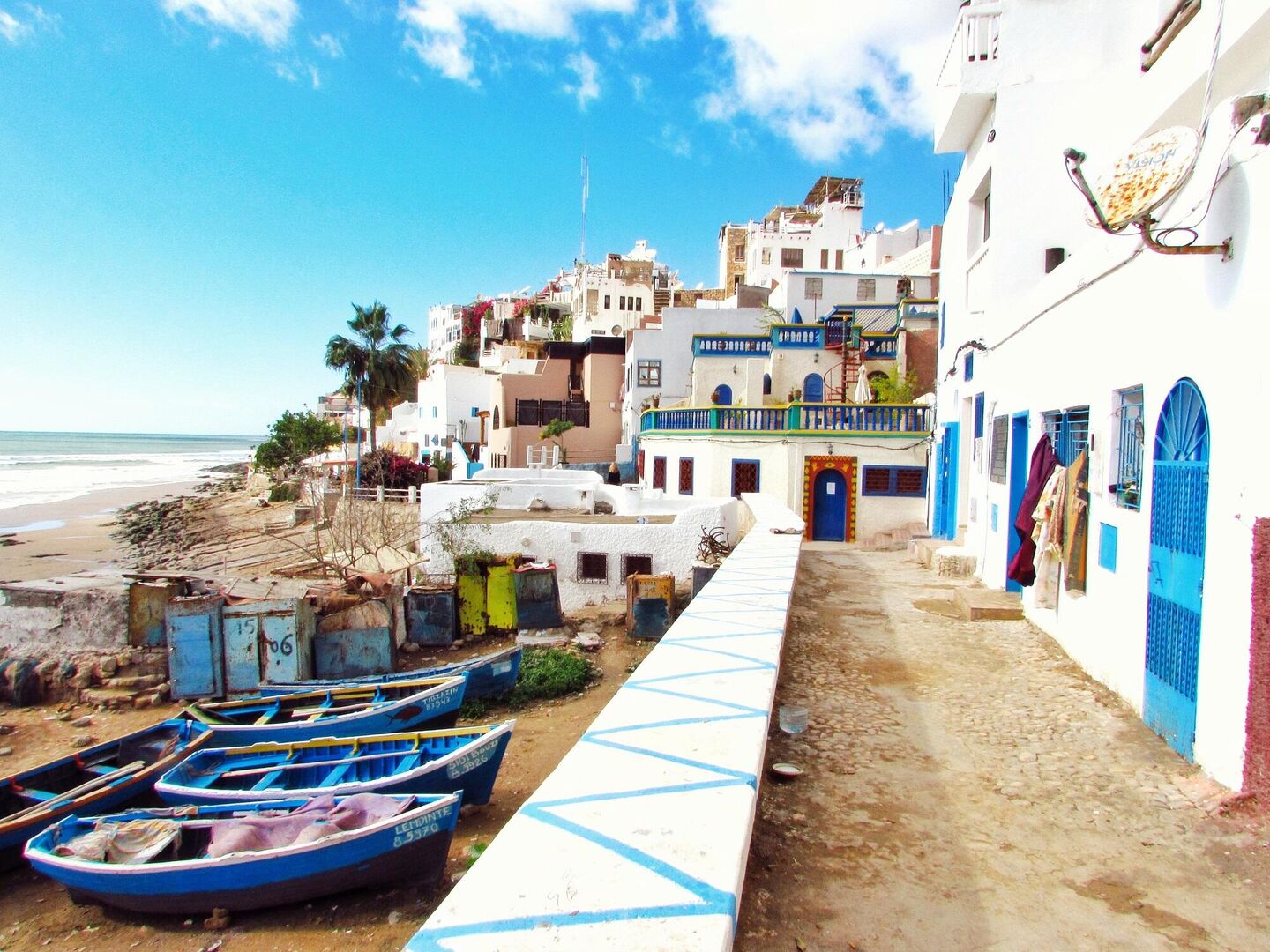

Exploring possibilities to support social dialogue in Morocco
In a joint mission, DECP and FNV representatives explored the possibilities to support progress in social dialogue in Morocco.
The country is developing at a steady pace with an average growth rate of 3% to 4% , it enjoys relative political stability, and it is more and more an investment hub for Dutch companies. But it is also faced with some important challenges such as serious and growing inequality, issues of governance, important unemployment rates amongst the young, and a low activity rate for women, which may all combined be a possible breeding ground for more extremist political evolutions.
In that context, social dialogue can function as a stabilizer. It is recognized as such as by most stakeholders. Social dialogue functions well at national level, and is embedded in the constitution via several tripartite bodies (such as the CESE which is the Council for Economic, Social and Environmental issues) and a practice of central tripartite negotiation on minimum wages and competitiveness. At sectoral and company level, the social dialogue system is weaker and less active. The same goes for the mediation and dispute resolution mechanisms.
The FNV-DECP delegation took stock of the achievements, challenges and requests for support of the social partners in meetings with the CESE, the Dutch Embassy and meetings with their respective partners on union and employers side. For DECP, the possible partner is the Confederation of Moroccan Enterprises. It is the most representative employers’ and business organisation in the country, of which the 90.000 members are representing 40 to 50% of national GDP, and which plays on behalf of the employers a very influential role in the country. CGEM (Confédération Générale des Entreprises du Maroc) embraces social dialogue and good relations with the trade unions. It identified a strong interest in getting a better insight in the Dutch polder model, and its functioning at the different levels. It also seeks reinforcement for its mediation services by which it has set up, jointly with the trade unions, voluntary initiatives to offer and achieve peaceful solutions to industrial conflict. It is also interested in the reinforcement of its “Académie Sociale” , where, again with trade unions, intensive joint training for HRM is conducted to create a positive industrial relations climate at company level.